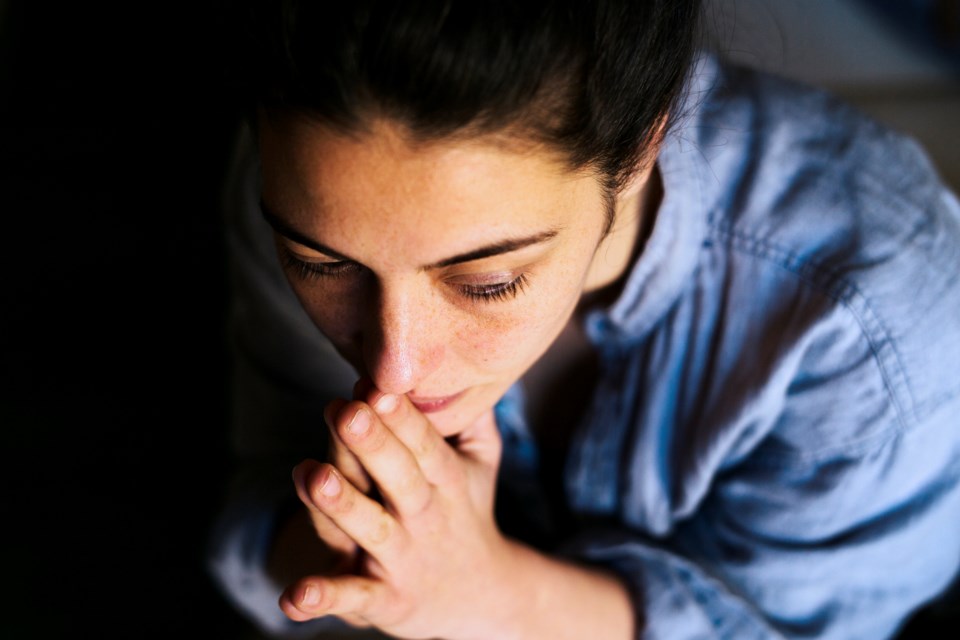The death of a loved one can send you into a deep abyss of depression and guilt. After losing my grandson, I experienced the kind of grief that incapacitated me for months.
Grief is a raw, intense emotion that can prevent you from thinking rationally or acting in a civilized manner. I experienced a lot of anger, blaming and regrets. I felt powerless as the grief took over every aspect of my life.
There was no amount of kindness, or well-meaning words from family and friends, that helped me. I wanted to be alone surrounded by pictures and memories of somebody I deeply loved. The pain and grief felt like an ever-present weight filling every moment of my time. There was a time when I preferred death over living. It was then that I sought help from a professional.
Learning to manage grief and emotional roller-coasters was a full-time job for me. Society prefers control and composure, and I didn’t have any of it.
Everyone deals with loss and grief differently. Healing occurs at different times. Some people experience feelings of grief that do not appear to ease with time. The mental health community calls this condition a complicated grief.
Many people with complicated grief feel extreme guilt and responsibility for the death of their loved one. They experience deep sadness and depression and may completely isolate themselves. Treating complicated grief may require additional support from professionals.
One of the first things to do when feeling grief is to recognize that it’s normal. Different cultures and societies grieve differently, but nobody should ever feel pressured to grieve in a manner that isn’t comfortable for them. If a person needs to grieve loudly and openly, that’s perfectly normal. On the other hand, some people may need to be busy to avoid the feeling of sadness and overwhelm. I fit into that category.
Many times, the hardest thing is to accept the death of a loved one. There are so many beliefs surrounding the death. Some people believe their loved one is still living, surrounded by angels, peace and happiness. Having faith can ease the pain of grieving and help to heal.
After losing my grandson, I began a search for help from people who lost loved ones. Even though I received help from different groups, I still needed professional counselling.
Allowing ourselves to continue on and try to live normally isn’t disrespectful to those we lost. I believe our loved ones want us to be happy and well.
Ranka Burzan is a transformational life coach who lives in the qathet region. For more information, email [email protected].
Join the Peak's email list for the top headlines right in your inbox Monday to Friday.



